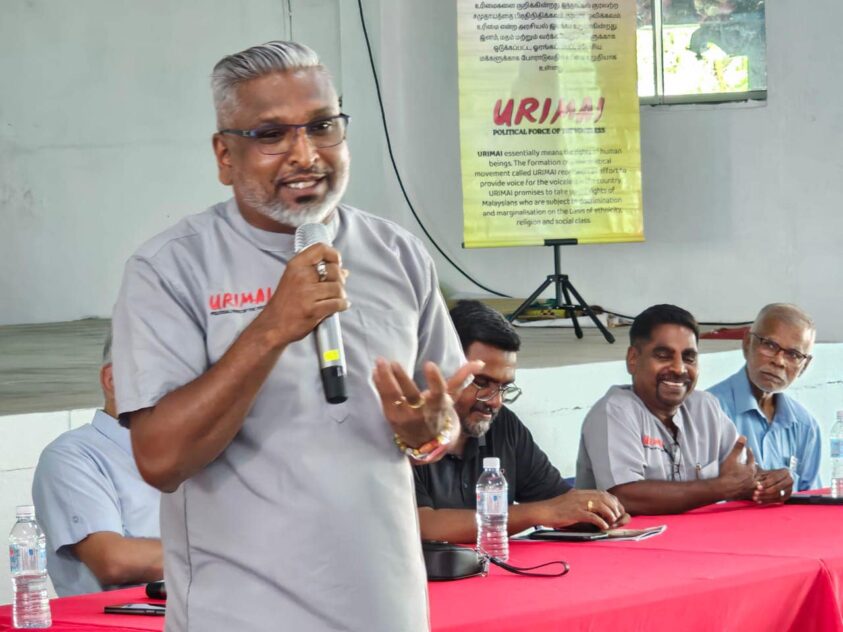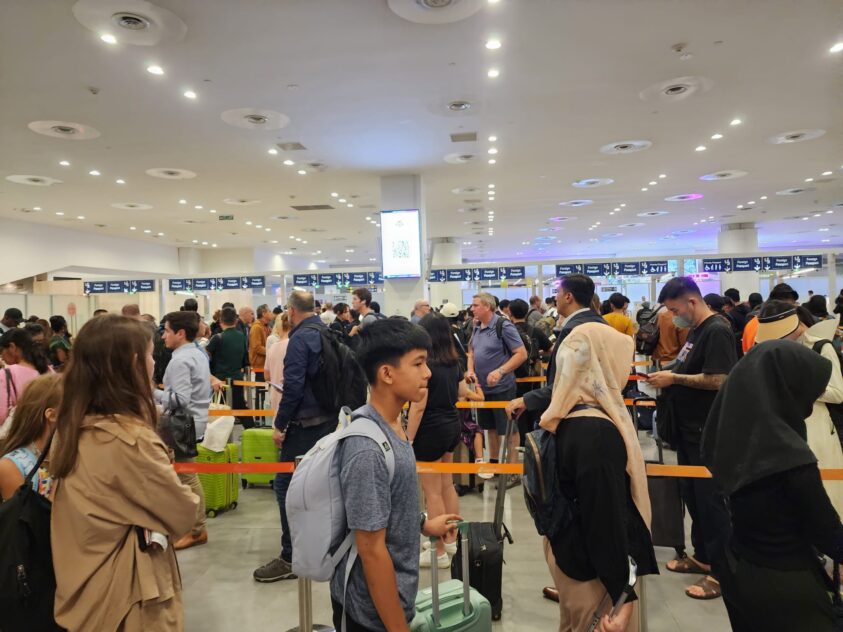WITH Vietnam poised to become an economic powerhouse by 2035, experts have urged the Government to institute aggressive reforms to the nation’s economy to keep up with times.
“It’s not that our economy is not growing. It’s just that we have slowed down despite having a lot of resources.
“We’re growing but below our potential. We need to accelerate reforms and boost our competitive edge,” Sunway University Business School Economics Professor Yeah Kim Leng told FocusM.
Three days ago, Iskandar Puteri MP Lim Kit Siang said the Japan Centre for Economic Research (JCER) has reported that Vietnam will become an upper-middle-income country in 2023 and its gross domestic product (GDP) will surpass Taiwan in 2035.
“In 1970, when we started the New Economic Policy (NEP), Vietnam had a GDP of US$2.7 bil, trailing behind our GDP of US$3.7 bil.
“But now, Vietnam has a larger GDP and is set to leave Malaysia far behind in the coming years,” Lim was reported saying.
JCER also predicted that Vietnam would sustain a growth rate of 6% in 2035 due to booming exports.
“Poised to enjoy a per capita income of US$11,000 in 2035, Vietnam is on track to become the second largest economy in Southeast Asia after Indonesia,” the report said.
On what is hampering Malaysia’s growth, Yeah said that local economy is still struggling to move up the value chain, which in turn, stalled progress.
Stuck in low and mid-range technology
Among the problems, he said, was Malaysia’s industries are still stuck on low and medium technology based endeavours, instead of transforming into high-technology services.
“In terms of human capital, we still lack skilled labour on science, technology, engineering and mathematics (STEM). That affects us as we can’t attract high-end investments,” Yeah said.
On that note, he added that Malaysia was too dependent on unskilled migrant workers, which also hinders efforts to become a high-income nation.
Offering solutions, Yeah said that the Government should reskill and upskill Malaysian workforce, particularly graduates, to ensure the nation has skilled workforce to attract high-end investments.
“It will help reduce our dependency on unskilled migrant workers and accelerate growth. Plus, it will also prevent brain-drain,” he said.
While lauding Prime Minister Tan Sri Muhyiddin Yassin’s commitment to promote pro-business policies, Yeah said that it was also important to improve Government’s delivery system, including eradicating graft.
However, Yeah urged the Government to act fast, adding that Malaysia only has window of opportunity between 10 and 15 years, before the nation becomes an ageing society.
“We need to act fast to become a high-income nation before the shift on our demographics happen. Within a decade, we will become an ageing population,” he said.
Use RCEP as a booster
Echoing Yeah’s sentiments, Social Economic Research Centre said Malaysia needs to work on improving labour productivity and provide skilled workforce to attract high-value investments.
“Our regulatory reforms are still inadequate. In terms of labour productivity, we still lag behind nations like Taiwan and Singapore.
“In terms of skilled manpower, only 29.1% of our workforce are highly-skilled, based on our third quarter report which is below our target of 60%,” said its executive director Lee Heng Guei.
He also added that local industries are stuck between low and middle range, limiting ability to create high-income jobs.
Offering solutions, Lee said that the Government should allow competition in the economy and address inconsistency between regulation and its implementation.
“We need develop our human capital and new areas of business such as innovation, smart infrastructure, renewable energy, healthcare and others,” he added.
On that note, Lee said it was good that the Government came up with the Shared Prosperity Vision 2030 (SPV 2030) to address the inequality among Malaysians.
“The Government should also take advantage of the recently signed Regional Comprehensive Economic Partnership (RCEP). We can use the regional collaboration to work ourselves up the value chain,” added Lee. – Dec 22, 2020.










